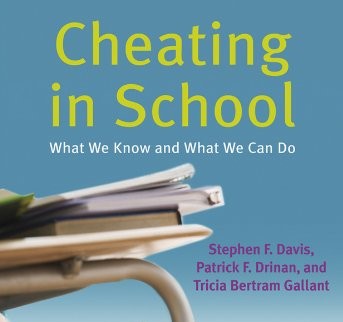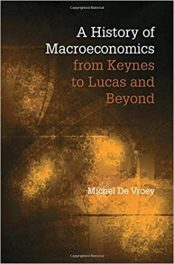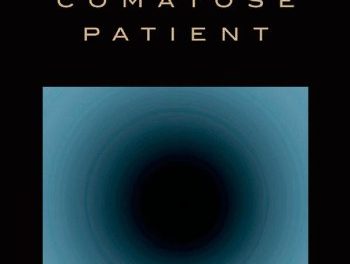 Authors: Stephen F. Davis, Patrick F. Drinan, Tricia Bertram Gallant
Authors: Stephen F. Davis, Patrick F. Drinan, Tricia Bertram Gallant
Publisher: Wiley-Blackwell
Book Review by: Paiso Jamakar
We believe and contend that cheating is a problem that ultimately affects the cheater. When students cheat, they are cheating themselves of an education and the opportunity to learn to better themselves. When you simply copy others’ work, you are not learning, and you are cheating yourself of the benefit of learning.
In this book, the three authors discovered the who, what, when, where, why and how of students (and their collaborators) involved in cheating.
The authors of this eye-opening book on academic cheating by students work at universities and have had first-hand experience in this area. As such they simply do not decry this practice of some students having an unfair competitive advantage over others, but prescribe in detail the solutions to this growing problem, that has reached “epidemic” proportions.
Epidemic proportions? The authors point out that it is not just the lazy or dumb kids that cheat. It is also the smart ones – those who have high grade-point averages who want to enter the top colleges – that have figured out how to cheat without getting caught.
They point out that cheating is pervasive all throughout the educational system. “Students from all segments of education are cheating – from grade school through graduate school, from inner city to the country, from the poor to the rich schools, and in both public and private schools.”
What is shocking is this (underscored italics mine): Students “cheat on their own, they cheat with their peers, they cheat with their parents, and sometimes students even cheat in cooperation with their teachers and school administrators.”
Through about half the length – in chapters 5 through 8 of this 240-page book – they spell out the short-term and long-term deterrents, place a “call for action” and then refine their defined “tactics and strategies” for combating our national disgrace – cheating in schools.
Stephen E. Davis is currently Visiting Distinguished Professor of Psychology at Texas Wesleyan University. He has served as President of Division 2 of the American Psychological Association. He has been researching on academic cheating for about 20 years. He is a former president of Psi Chi, the national honor society in psychology.
Patrick F. Drinan is Professor of Political Science at the University of San Diego, was Dean of its College of Arts and Sciences from 1989 to 2007, and has been active in the Center for Academic Integrity since the 1990s. He has authored and co-authored numerous articles on academic integrity over the years.
Tricia Bertram Gallant serves as the Academic Integrity Coordinator at the University of California in San Diego. She has authored and co-authored many articles on academic integrity and is the author of Academic Integrity in the Twenty-First Century y: A Teaching and Learning Imperative, published in 2008.
This book pulls together the scholarly work of these three experts on the problem of academic cheating and calls for a comprehensive set of preventive measures as well as actions that need to be taken after the acts have been discovered and the evidence is in.
The authors write that it is not enough to point out the incidences of academic cheating – the “dark side of education – but to take collective action that involves students, parents, teachers, school administrators and governing boards. Each of these entities working by themselves will not be successful. The authors suggest a “highly integrated approach by all the constituencies and stakeholders in education.”
This is a well-researched work by people who spent a lot of years gathering the facts and developing insights into the massive problem of academic cheating. But they did not stop there. They developed strategies to combat this problem and write them in detail in this highly useful book to all those involved in improving education.






